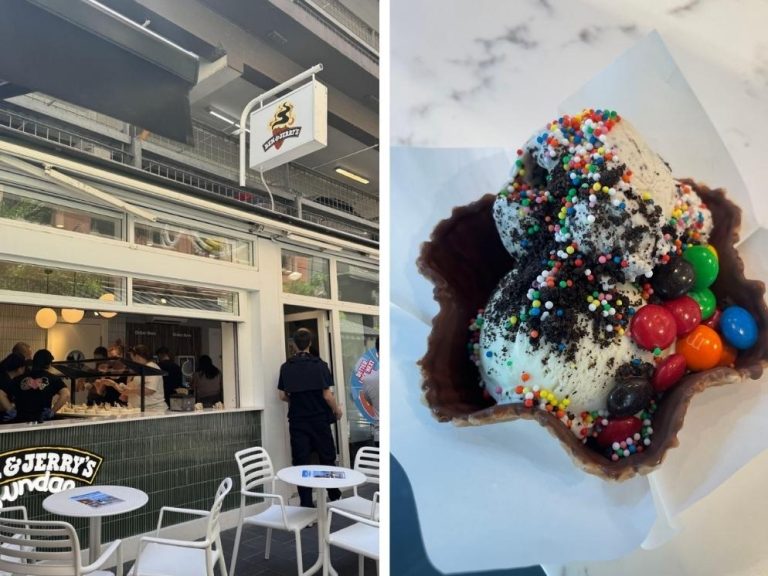Aussie fashion brands that have come and gone (and come back again)
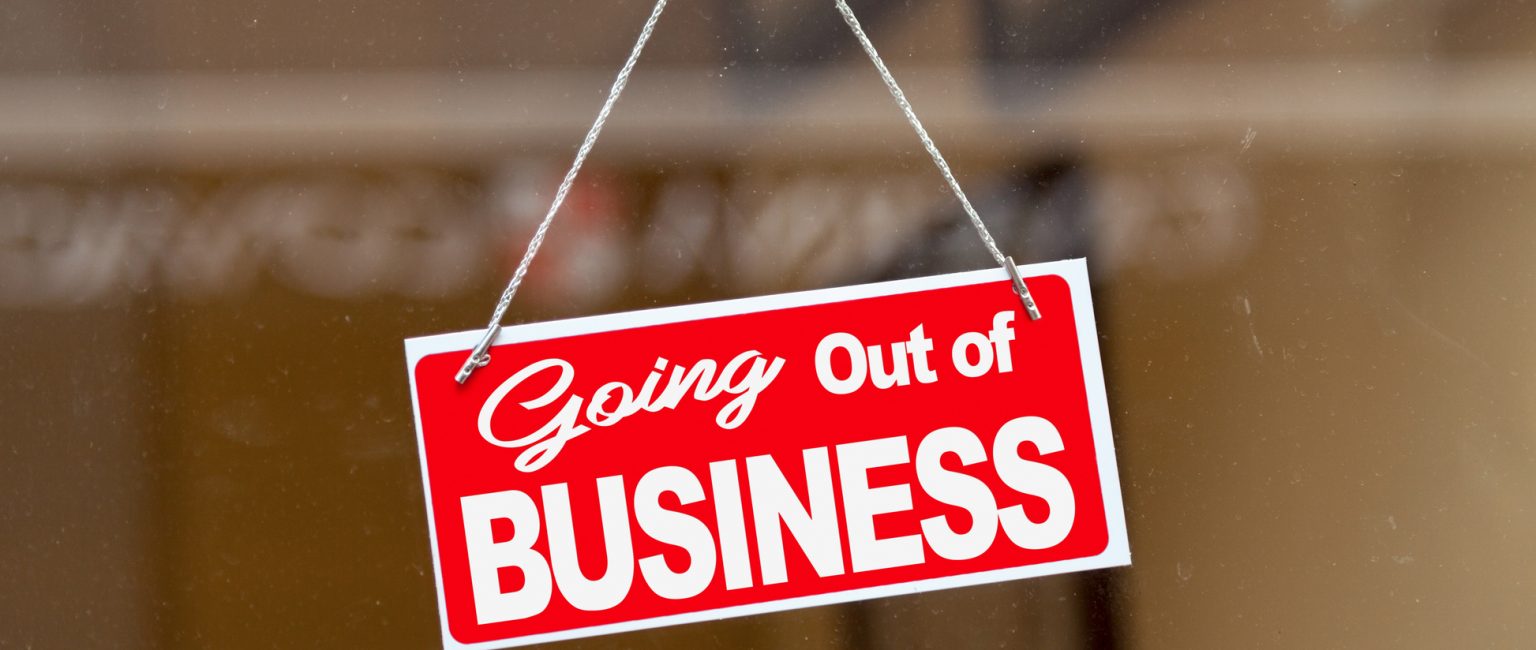
Australia’s struggling retail sector suffered another blow this year when high-profile fashion label Dion Lee collapsed into administration.
Championed by pop world luminaries Taylor Swift, Dua Lipa and Kanye West, the Sydney-born label went bust in May following its major partnership deal collapse with Cue Clothing Co.
The demise of Dion Lee is just one many Australian apparel brands to bite the dust in recent years.
In 2023, brick-and-mortar women’s retailers Nobody Denim and Alice McCall both went into liquidation after more than two decades of operation, owing millions to creditors.
Retail advisor and founder of Australian Style Institute, Lauren Di Bartolo, said fickle consumer behaviour driven by rapidly changing social media trends have contributed to the demise of many long-standing fashion brands.
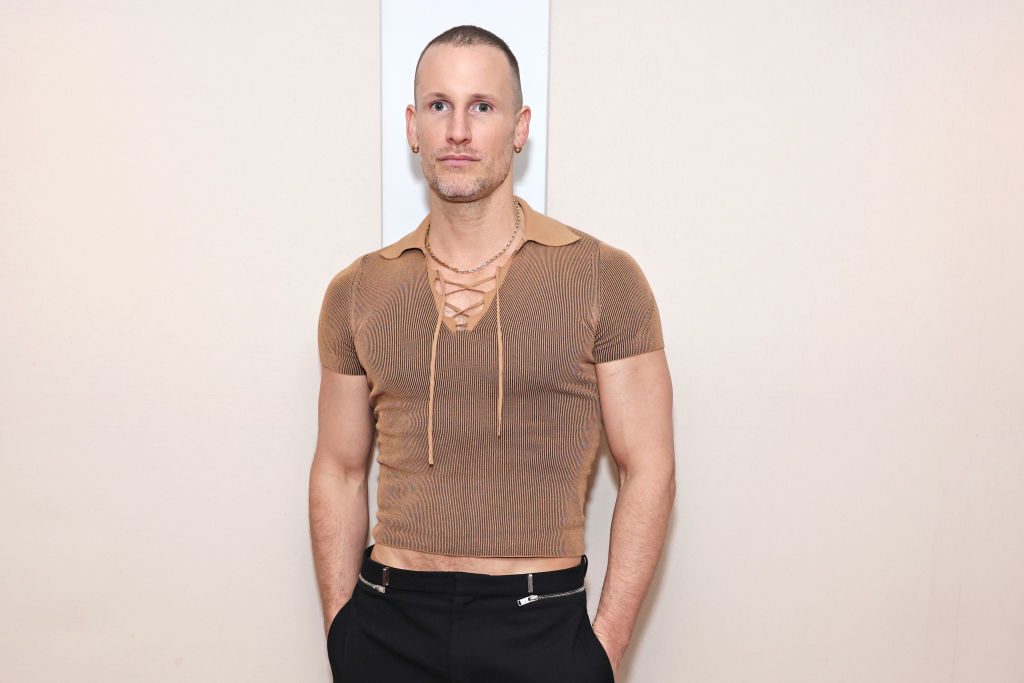
Designer Dion Lee established his namesake brand in 2009. Picture: Dave Benett/Getty
“Today’s trend cycle is significantly shorter and consumer desires are changing faster than we’ve ever seen before, forcing brands to adapt. But not every brand is able to do so,” Ms Di Bartolo explained.
“We saw this with Alice McCall. Their customers were asking for something new as they grew in age, but the company wasn’t able to meet their expectations of quality, fit and size.”
“A 35-year-old woman isn’t willing to pay significantly more for an item of poorer quality and fit that resembles one she purchased a decade before,” added Ms Di Bartolo.
In the wake of these much-loved brands falling by the wayside, we look back on some of the most iconic Australian fashion labels to have come and gone over the past 30 years.
While some were revived, others were destined never to return, but all have left their own imprint on the fashion landscape.

A model showcases Alice McCall designs during the Melbourne Fashion Festival in 2022. Picture: Naomi Rahim/WireImage
Maggie T
The economic downturn of 2018 marked the end for a host of retailers, including Shoes of Prey, Roger David and the famous plus-size retailer Maggie T.
Founded in 1981 by Australian model and media powerhouse Maggie Tabberer, the iconic Maggie T label had 28 stores across the country and stocked women’s fashion from sizes 12 to 24.
Though after 37 years of business, the brand found itself out of step with customers.
“Labels such as Maggie T gain loyalty by truly understanding the wants of the customer they’re designing for,” said Ms Di Bartolo.
“However, it’s common to see customers age out of a brand and if a new market isn’t being addressed, you have a brand that doesn’t have an audience to wear it.”
At the time of its collapse in 2018, Maggie T was controlled by wealthy Sydney businessmen and brothers Izhar and Nitzan Ronen of the Dolina Fashion Group, who bought the business in 2003.
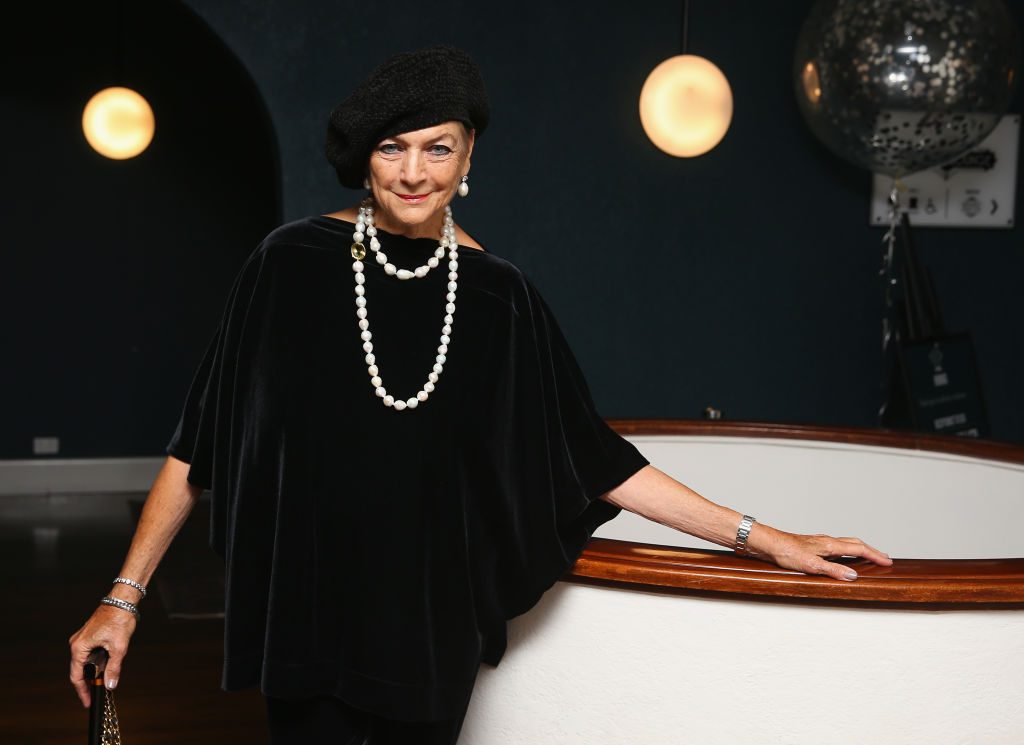
Australian model and media powerhouse Maggie Tabberer founded the Maggie T brand in 1981. Picture: Don Arnold/WireImage
Roger David
Launched 76 years ago, Roger David was one of the oldest menswear brands in Australia, but as has been the case with many legacy retailers, it struggled to keep up with the pace of change demanded by the 21st-century consumer.
After falling into administration in October 2018, the struggling retailer closed all its 57 stores just a few months later.
Subdued consumer demand, rising fixed costs, competition from global competitors and the rise of online shopping all drove Roger David to its end.
“In today’s retail world, you can’t continue to do what you’ve always done, as there will always be massive shifts and pressures on almost every front,” explained Susan Martin of consulting firm Smart In Planning.
“The market is unforgiving and retailers need to be future facing and profit focused if they want to survive.”

Australian fashion label Ksubi was founded in 1999. Picture: Don Arnold/Getty
The House of Merivale
Before Justin Hemmes transformed Merivale into a hospitality behemoth, founders John and Merivale Hemmes were mavericks in Australian fashion.
Modelled on London’s famous concept boutiques and catering to 18-25 year olds, the House of Merivale was the first specialty fashion boutique in Australia.
In 1959, the first House of Merivale fashion store was established in the Theatre Royal in Castlereagh Street. It expanded into a successful and influential high-fashion chain with three stores in Pitt Street, two in Melbourne and one in Canberra.
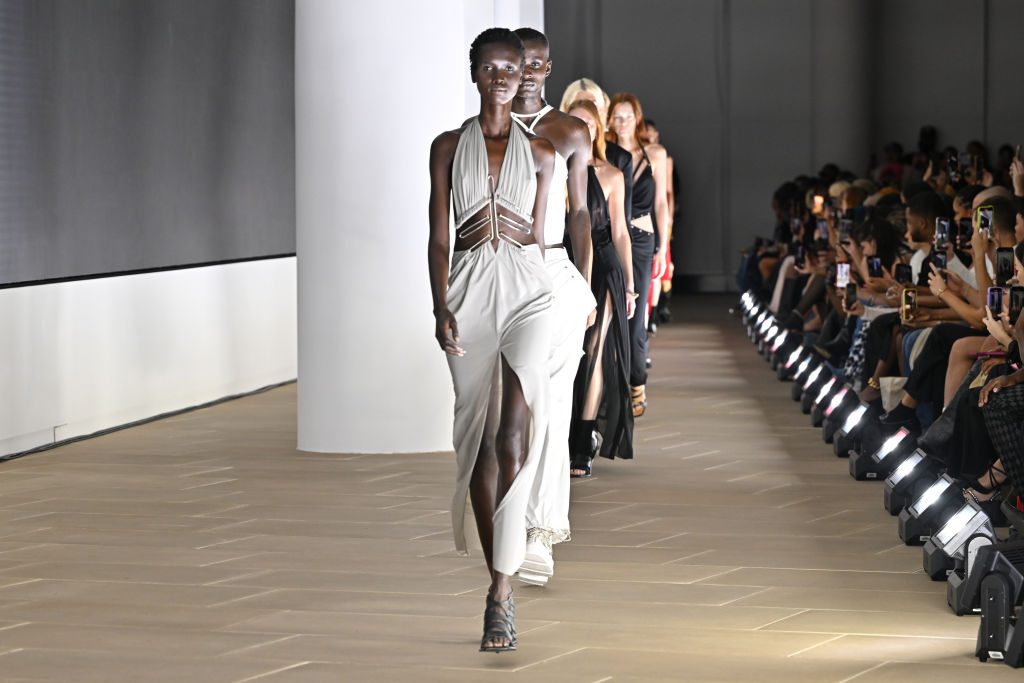
Models on the runway at the Dion Lee Spring 2024 fashion show. Picture: Rodin Banica/WWD/Getty
According to the Powerhouse Museum, House of Merivale was more than just a shop, it was “a phenomenon that significantly influenced a generation of young Australian’s attitude to shopping and the fashion experience.”
The Sydney store would see teenagers lining up outside the door and down the street, such was the popularity of the boutique.
As the company expanded further into hospitality in the early 1990s, Merivale began winding down its fashion interests, closing the last fashion outlet in 1996.
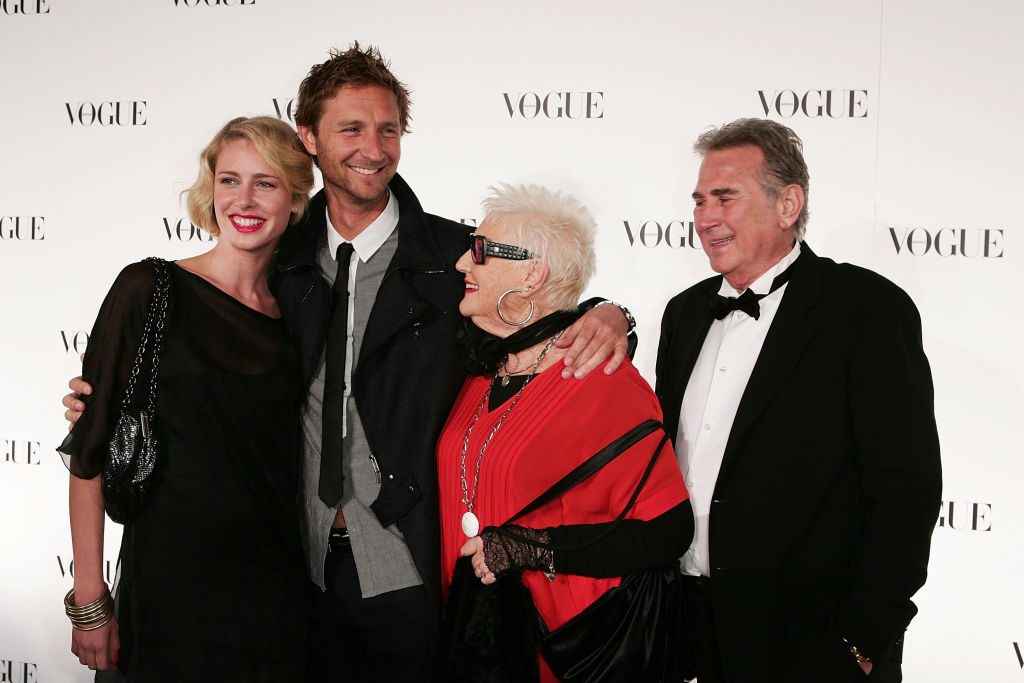
Amber L’Estrange, Justin Hemmes, Merivale Hemmes and John Hemmes in Sydney in 2009. Picture: Gaye Gerard/Getty
Ksubi
It might be one of the hippest fashion labels Australia has ever produced, but Ksubi has endured numerous troubles over the years.
Founded in 1999, Ksubi’s financial woes began to emerge a decade later when the company went into administration in 2009.
It was subsequently sold to the Bleach Group, which also wound up in voluntary administration in 2013.
According to a former sales manager at the company, the brand had record growth from 2010-2013, but was let down by poor management and overseas production partners.
Managing Director of Project PR & Media, Alicia Hall, said bad management affects businesses just as equally as economic factors like rising production costs.
“Even the most popular brand or product will fail if the business is run badly,” Ms Hall said. “It’s the kind of thing that has forced many Australian businesses to close their doors.”
In 2014, the licence for Ksubi’s global distribution was obtained by The General Pants Group, who rolled out locations in New York and Los Angeles, followed by Miami, Chicago and London in 2022.
Ksubi relaunched in Australia earlier this year with a flagship store in Bondi Junction. The company also has plans to open its first Melbourne store next year.
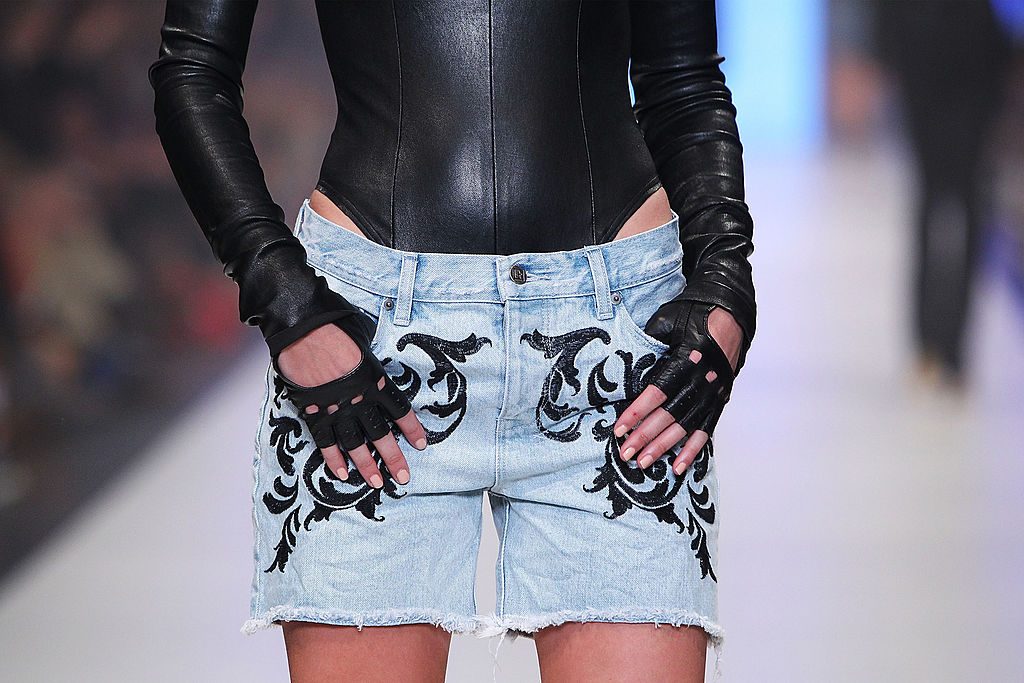
Ksubi went into voluntary administration in 2013 but the future is looking brighter for the label after relaunching in Australia earlier this year. Picture: Graham Denholm/Getty
Ed Harry
Two weeks into 2019, Ed Harry joined a long list of companies to pull up stumps, including Crabtree and Evelyn Australia.
After failing to secure a buyer, the menswear chain established in 1993 and relaunched in 2011 closed the entirety of its 87 outlets across the country and laid off almost 500 employees.
“Unfortunately, and despite having run a comprehensive sale of business campaign, there have been no viable offers received for the ongoing operations of the company,” KPMG’s Brendan Richards said at the time.
“As such, the administrators have no alternative other than to progress to an orderly wind-down of the company’s operations.”
Ed Harry managing director David Clark said the business had been facing fierce retail competition for some time.



